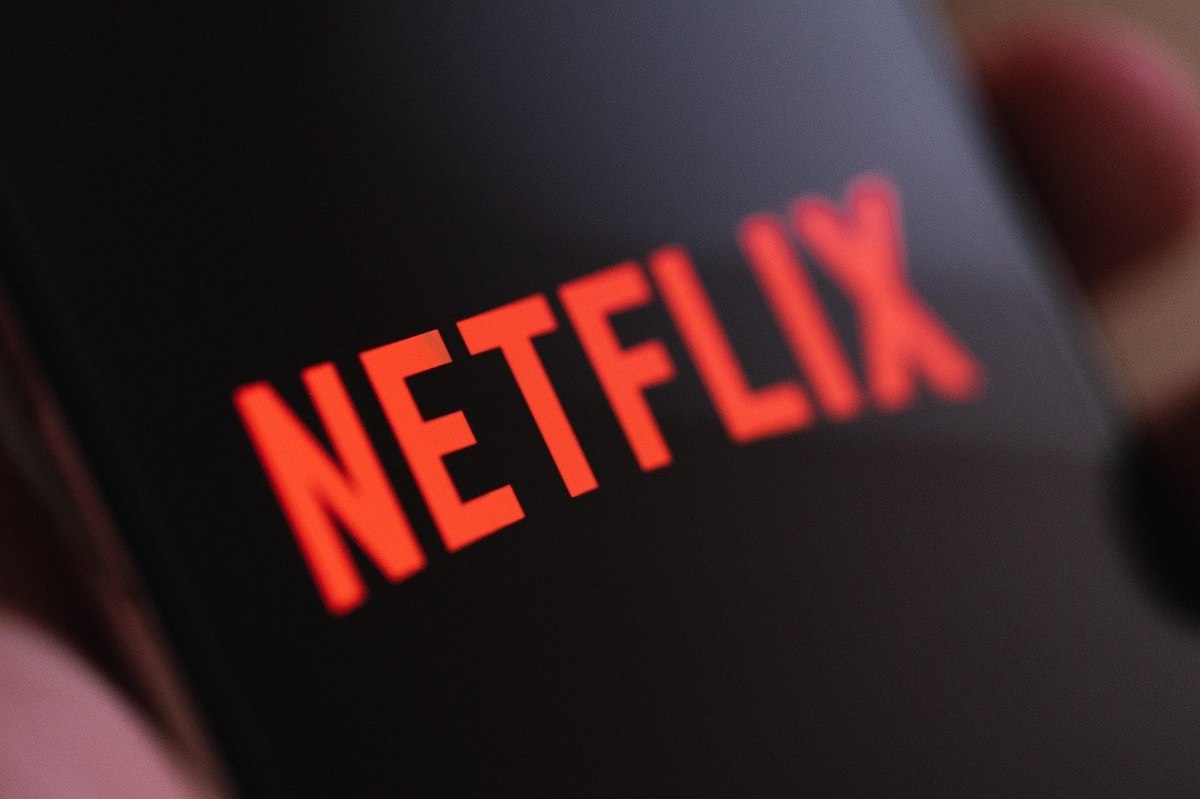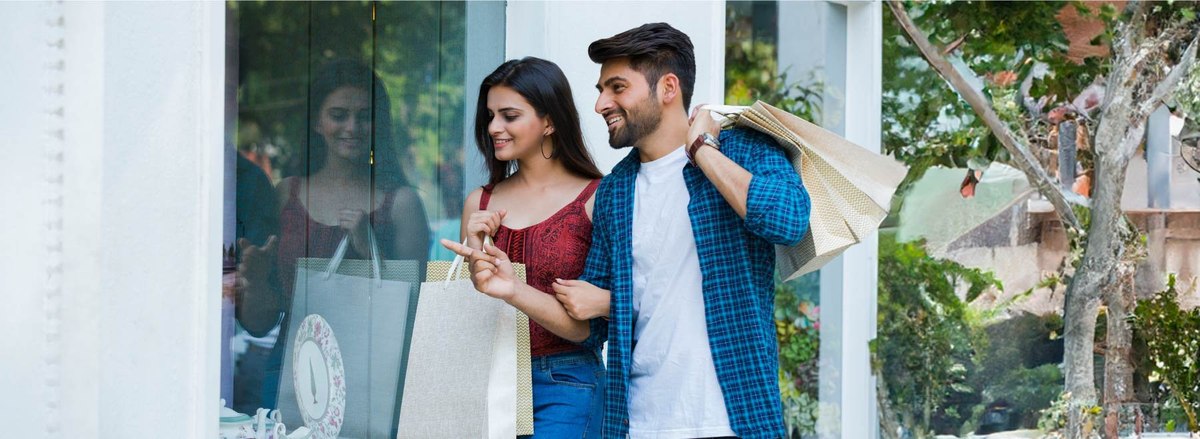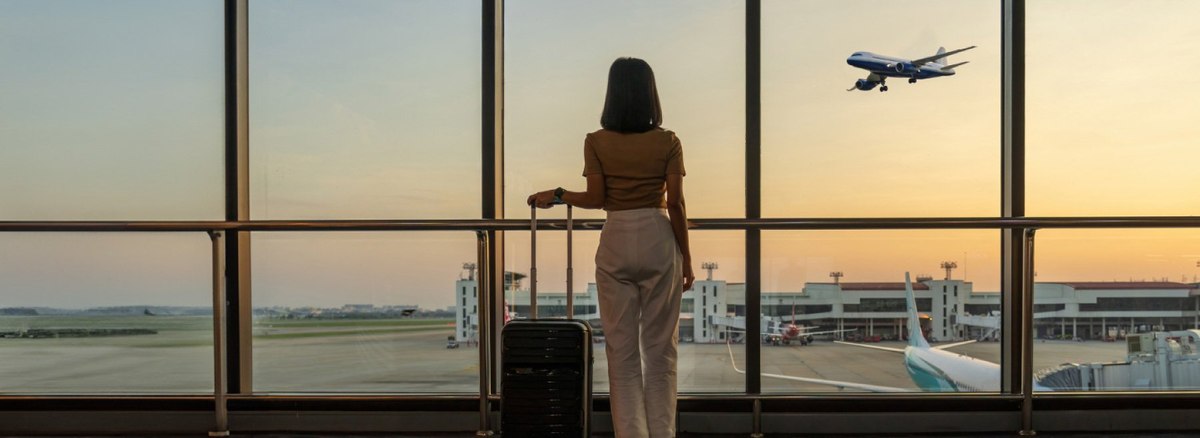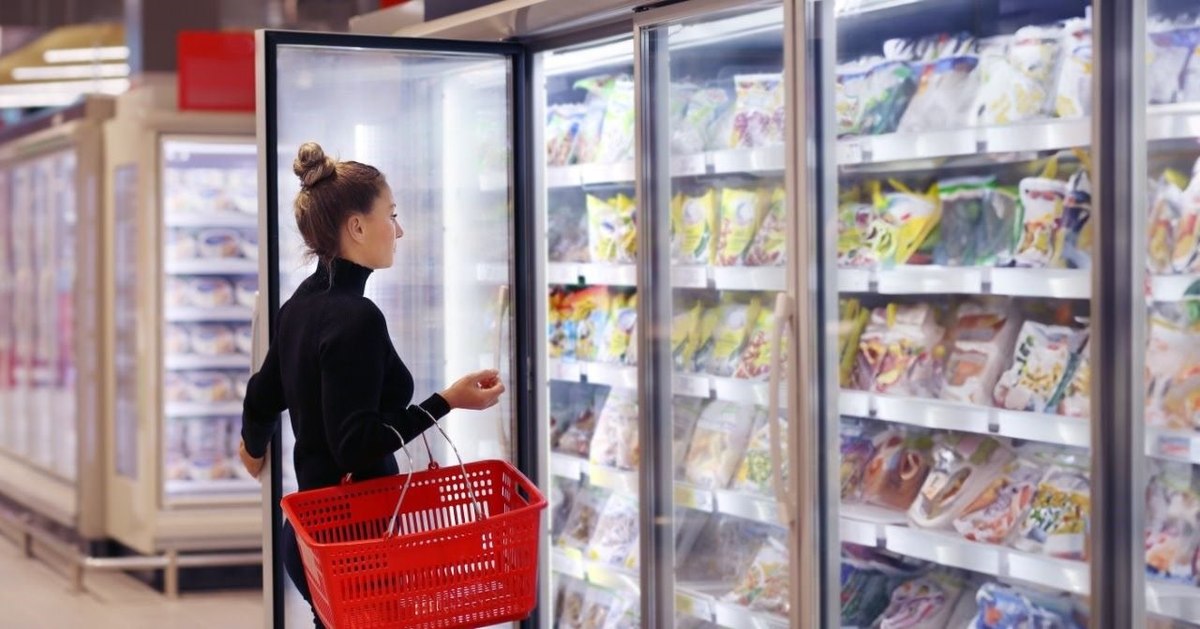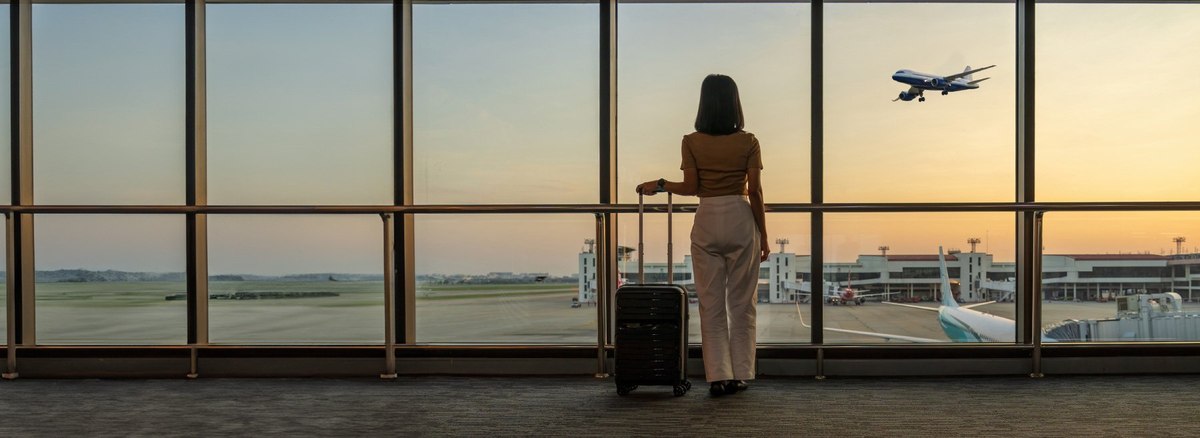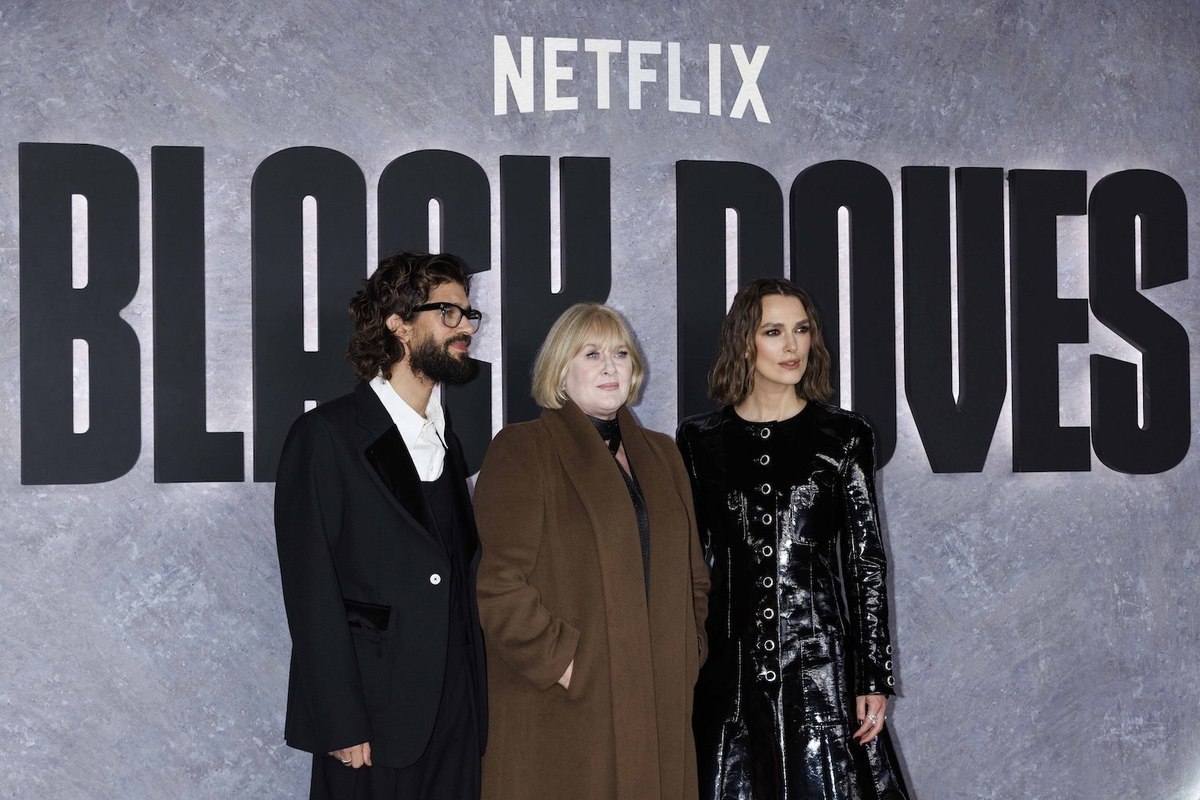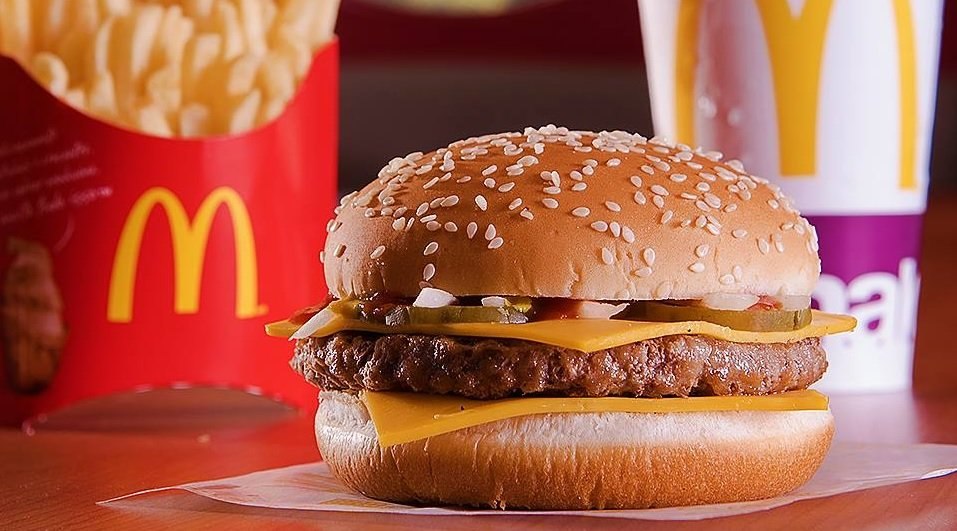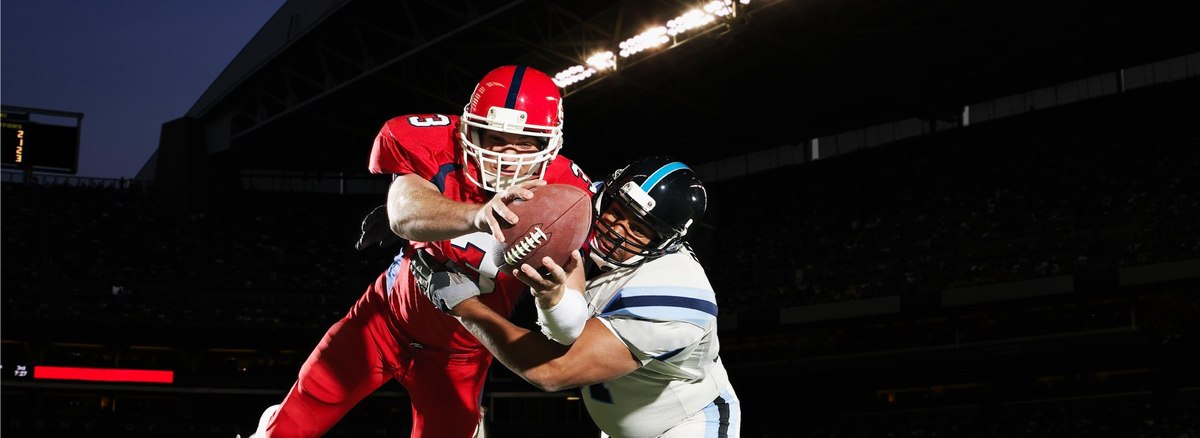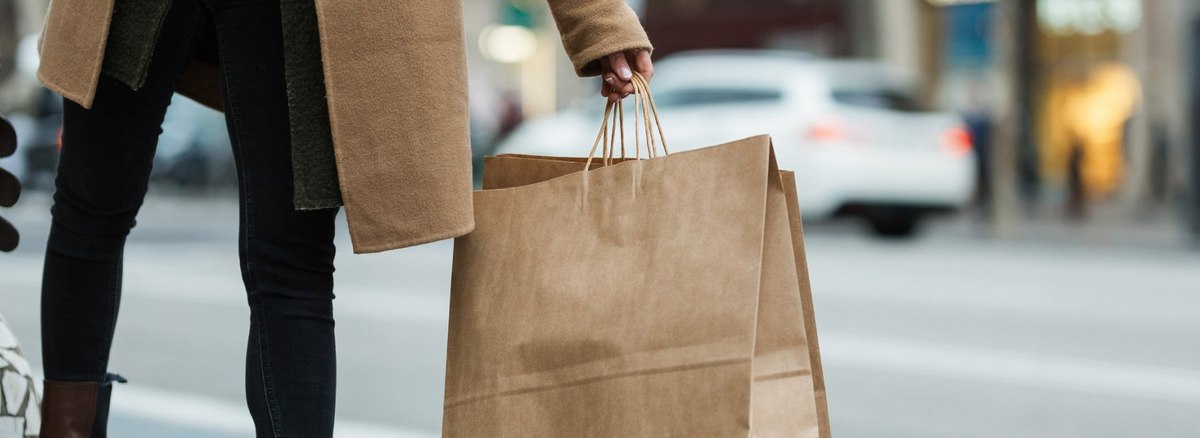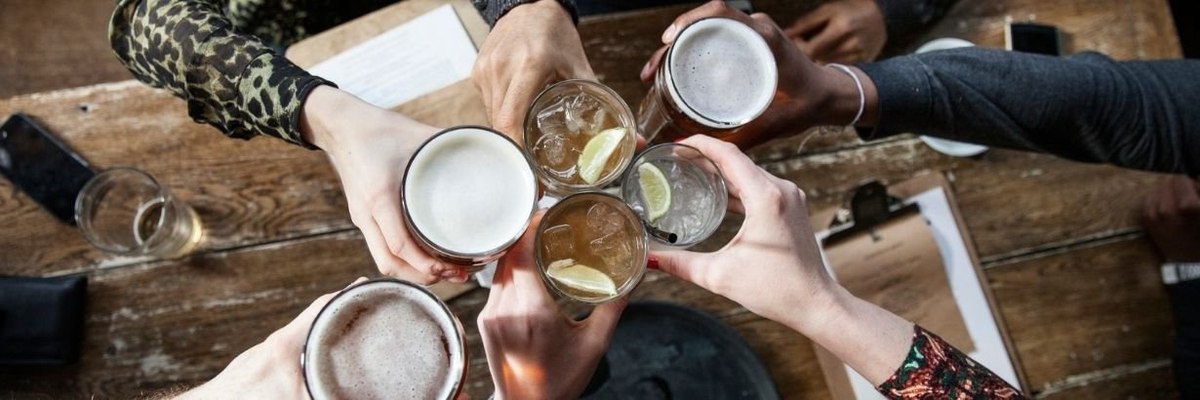
JD Wetherspoon’s beer shortage hits public perceptions
Cut-price pub chain JD Wetherspoon was in the news recently following reports that supplies of Heineken, Carling, and Coors have run out in some of its locations across the UK. While some have argued that Brexit has impacted supply chains, company founder Tim Martin has attributed the issues to the ongoing COVID-19 pandemic.
Whatever the root cause, data from YouGov BrandIndex shows that a few days of alcohol shortages can certainly make an impression on the public.
When news of the shortages broke, Buzz scores – a measure of whether a consumer has heard anything positive or negative about a pub or bar chain in the past two weeks – saw an immediate and drastic drop: between September 1 and 4, they fell from -5.4 to -20.0 (-14.6). This negative attention had a knock-on effect on Impression (a measure of whether consumers are positive or negative about a particular brand): during those few days, performance within this metric fell from -0.6 to -4.1 (-3.5). There’s also evidence that the story had an immediate impact on JD Wetherspoon’s Recommend scores, which track whether the public would advocate for the brand to a friend or family member. They fell from 5.2 to 0.0 over the same period of time (-5.2).
Losing marquee beers like Heineken, however temporarily, also affected Value for Money scores. Performance across this metric declined from 36.4 to 29.8 between September 1 and 4 (-6.6), suggesting that consumers felt they were not getting the kind of beer for their buck they might expect in ordinary circumstances.
BrandIndex data also shows that the lack of lager, the paucity of pale ale, and the scarcity of stout has had a (likely temporarily) negative impact on JD Wetherspoon’s overall brand. Index scores, a measure of brand health that takes the average of Impression, Quality, Value, Satisfaction, Recommend and Reputation scores, fell from 5.9 to 2.2 (-3.7).
For all the discussion, the shortages don’t appear to have hit JD Wetherspoon’s Current Customer scores too badly. Between September 1 and 4, they saw a very slight decline: going from 11.8 to 11.1. Perhaps patrons were drinking wine or cider.
This article originally appeared in City A.M.










